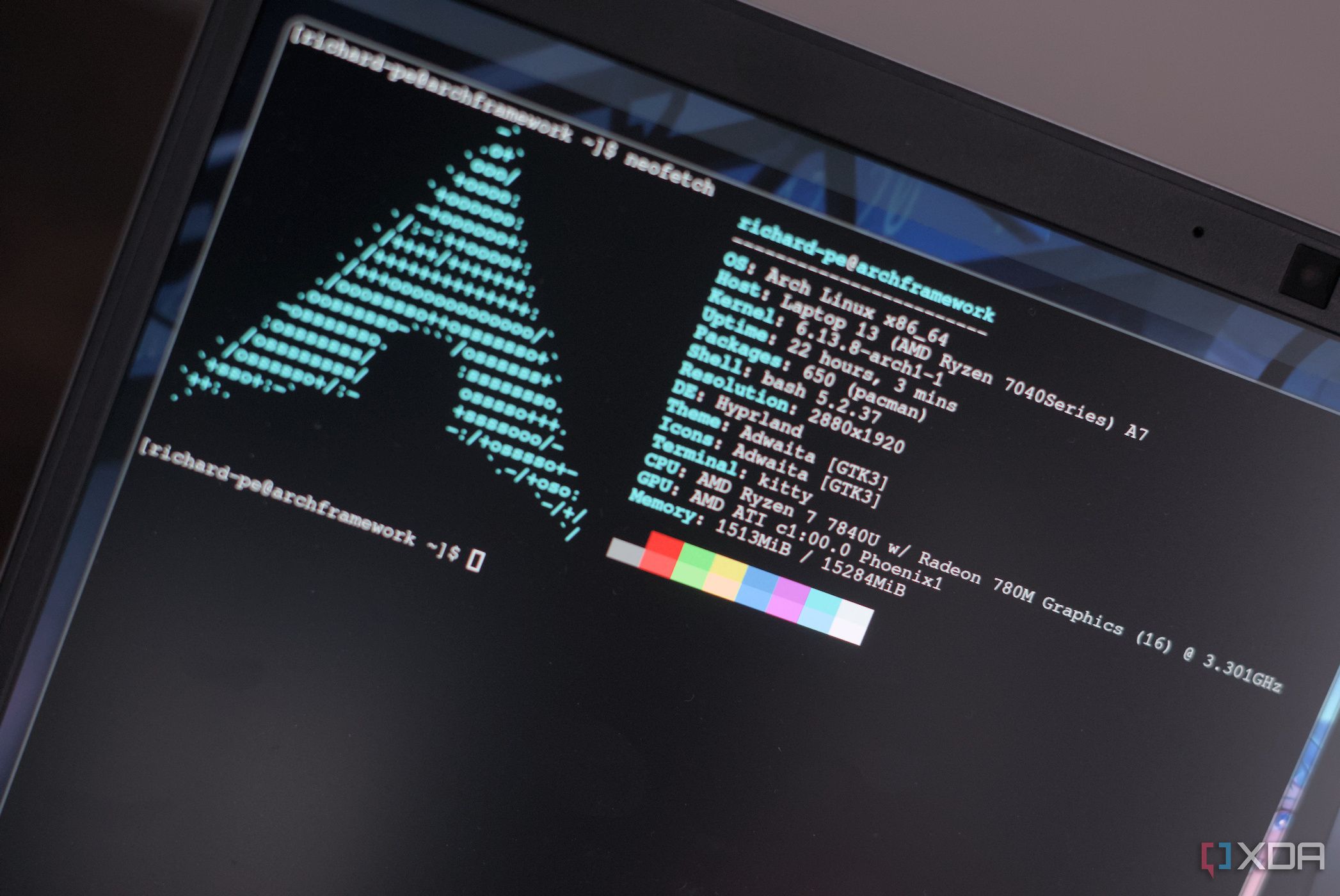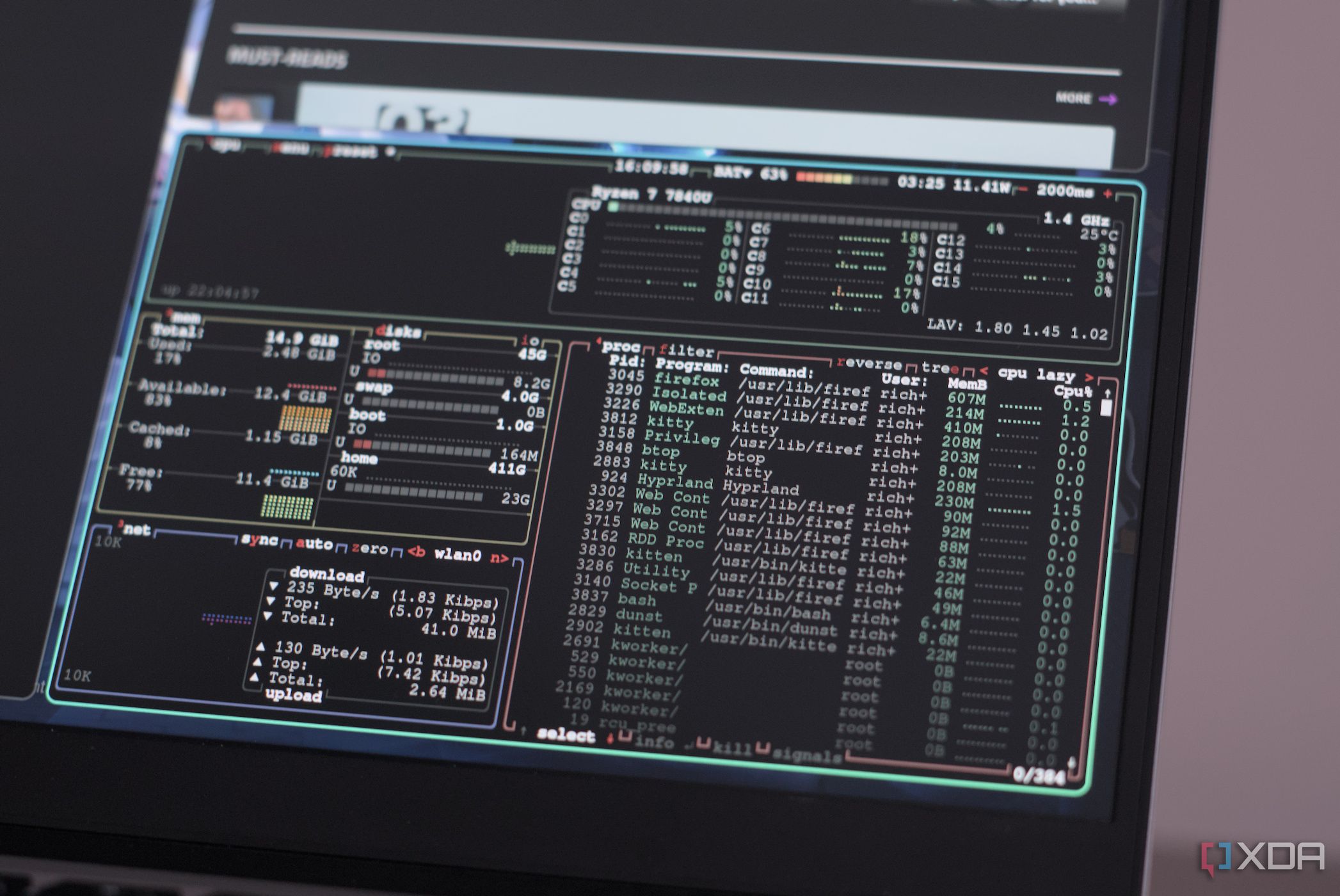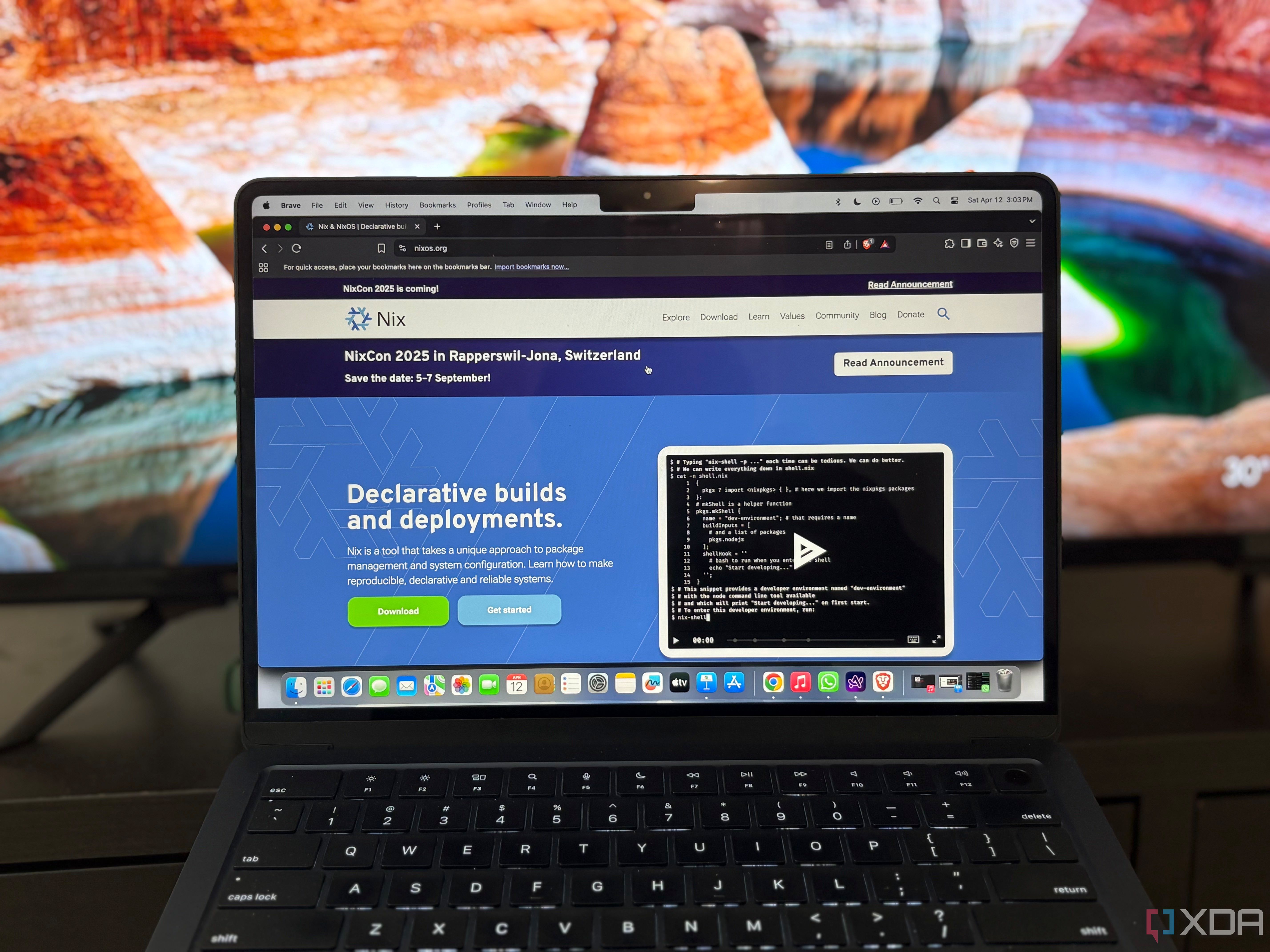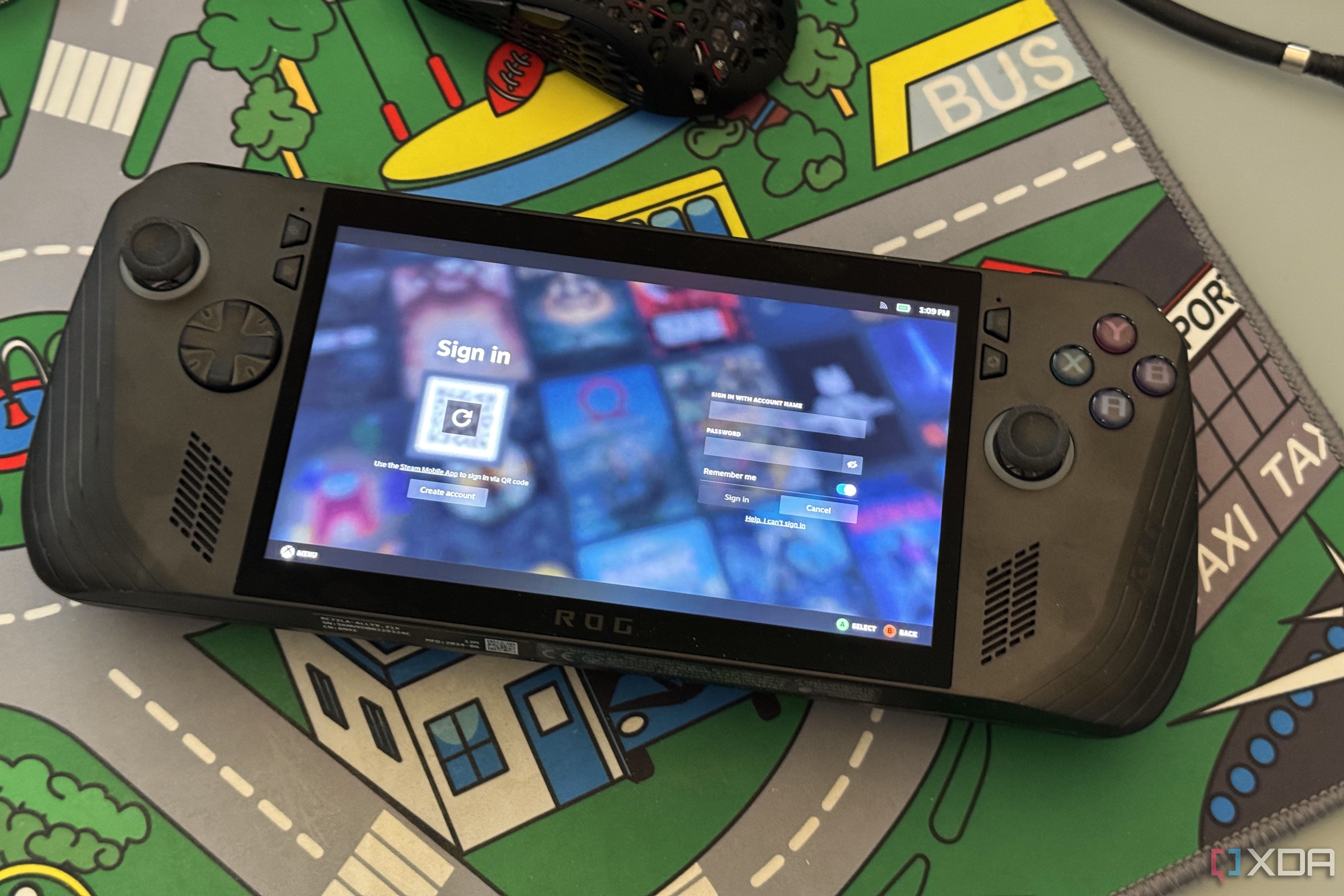If you spend time talking to most Linux enthusiasts, you'll get plenty of reasons why they use a particular flavor of the operating system. They'll tell you why it's better on the side of open-source software, without having their data sold for advertising purposes, and how wonderful alternatives to paid apps exist if you'd only look. I'm not going to tell you those things because, while they're not wrong, they're not my reasons for using Linux.
Every software package, operating system, or electronic device that I use is used as a tool. They're a thing to be used on the way towards a goal, and that's the mindset I approach open-source and closed-source OSes from. If I need Windows tools or macOS ones, I use those, but I'll not overlook Linux when deciding what I need, because many tasks are easier to accomplish (or at least easier to learn how to execute) on Linux.
That also means that the versatility of Linux and its many flavors is yet another tool in my belt, and I can pick the distribution that suits my needs. Building a gaming PC? Nobara or Bazzite are probably my first choices. Need to do something with servers or containers? Ubuntu is my first choice because it's well-documented, well-supported, and doesn't have the number of odd issues that pure Debian can encounter. Most distros function similarly under the hood (except NixOS), so I can adjust to them, instead of trying to make the OS adjust to me. It's just easier that way.

Related
5 useful Linux tools that would never make sense on Windows
The Linux ecosystem is home to a host of neat services, many of which are impractical on a Windows machine
The plethora of options
Choice is good, okay? And freedom of choice is even better
One of the arguments levied at Linux is that it's complicated to learn, and that there are too many distributions to learn enough to use them all. Which is partly fair, I guess, but the level of granularity and customization is what makes Linux so powerful. I love testing out new software, and with the source code from an open-source software repository and a few terminal commands, I can build an installation file for whichever distribution I'm using, even if there isn't a prepackaged installation file.
That alone makes things incredibly versatile, because I can stay in the environment I'm most familiar with and bring in new tools. But since Linux separates the desktop environment from the kernel, you can make most Linux distributions look the same. If the GUI is similar, I have more bandwidth to learn how terminal commands differ. However, there are only a few core commands that change between them, and how the command line works remains the same.
And I can choose even more things, including the file system used underneath everything, to tailor my usage to the task at hand, whether that's desktop environments, file servers, or self-hosting numerous useful tools and services. I can use Kali or BlackArch if I want to perform penetration testing in my home lab, which runs a variety of Linux-based operating systems, including Proxmox, Ubuntu, Arch, and OpenWRT. Or I could turn a simple Debian installation into a powerful router, firewall, and more, by adding a few packages and some configuration time.
Every time I think I've experienced it all, there's something new
I've been a Linux user for almost half of my life, and I still discover new distributions to enjoy and tools to explore. Like the amusing rust-stakeholder, which fills your terminal window with technical jargon about game development or blockchain, or full-stack dev work, so it looks like your computer is always busy, and by extension, so are you. SteamOS has flipped the script on what Linux can or can't do, and now it's a capable gaming operating system that requires minimal user effort.
Or NixOS, which takes a different architecture from most Linux operating systems, putting every package into immutable paths and using a declarative system to configuration. That means you define your system in a single configuration file, which turns an OS into something closer to a cluster of Docker containers, all working together. That means you can have two versions of the same app with differing requirements, because NixOS treats each app as a siloed entity, making testing of development work easy, among other things.
Fixing things is fun, actually
How I learned to stop worrying and love the command line
Linux has never been in a better place, and part of that is the relatively robust ability to troubleshoot your issues without needing support agents involved. PC hardware is largely standardized at this point, and any mature distribution has a thriving community of users and developers. That means, no matter how complex your problem is, the chances are someone else has already had the issue, and has often found a way to fix it.
And Linux users love to share when that happens, whether it's to get fixes added to the official packages or to generate traffic to their blogs. Either way, there is a searchable record available, and a combination of what they did, and the system logs from your computer can help resolve your issue. I love this part of being a Linux user, maybe because I grew up on BBSes and forums, before social media ruined things.
But I also value the learning experience, and gaining skills that I didn't have before that moment. I don't have to rely on troubleshooting apps that don't tell me what's going on, or changing registry settings that I barely understand. I can learn how a new command-line tool works and fix my issues.

Related
These 5 Linux distributions are the worst for beginners
There are tons of Linux distributions, but some of them just aren't suitable for beginners
Linux has thriving communities that make me feel welcome
I never quite understood the general enmity towards Linux and its users, and that's even more relevant now that Proton exists, allowing you to run Windows games on Linux with ease. All the issues and excuses I'd hear about why nobody wanted to make the switch were the reasons I liked using Linux-based OSes in the first place, and that hasn't changed now. I still use Windows, macOS, and FreeBSD, but I'll never stop using Linux for many development tasks are simply easier to accomplish on the open-source side of the fence.
.png)











 English (US) ·
English (US) ·